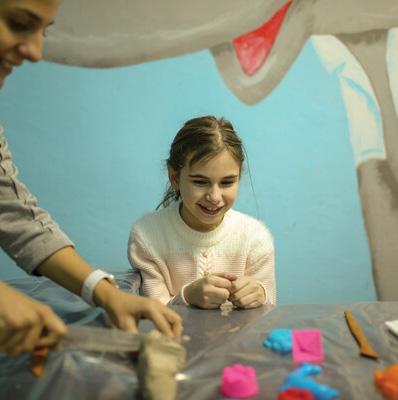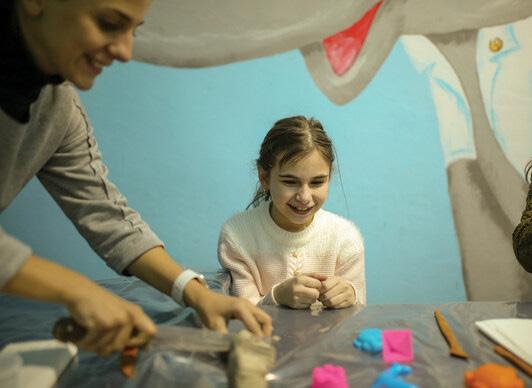
2 minute read
AFRICA WORLD BRIEFS
from May 10, 2023
by caribnews
Sudan crisis: Guterres condemns looting of main WFP compound in Khartoum
In a statement issued by his Spokesperson, António Guterres noted that “most, if not all, United Nations agencies and our humanitarian partners, have been impacted by large-scale looting”, since the military power struggle between the national army and rival RSF militia began, which fighting now entering a fourth week.
UN calls on Taliban to end corporal punishment in Afghanistan
Health
Speaking to journalists at the daily UN briefing on Monday, Deputy Spokesperson Farhan Haq, said that it was mainly office and computer equipment that had been stolen at the weekend, by so far unidentified looters.

Mali: Ban slavery by law, say top rights experts
In a new report, UNAMA said that it had documented “a range of forms of corporal punishment” carried out by the Taliban since their return to power on 15 August 2021 after dislodging the democraticallyelected Government, “includ-ing lashings or floggings, stoning, forcing people to stand in cold water, and forced head shaving”. In the last six months alone, 274 men, 58 women and two boys have been publicly flogged.

According to the report, the legal system in Afghanistan is currently “failing to safeguard minimum fair trial and due process guarantees”.
Sports
In a call to the Malian authorities to prevent people from being born into slavery, the experts said that the country is the only one in the Sahel region without specific legislation criminalizing enslavement.
“Nothing can justify slavery, whether it be culture, tradition, or religion”, said the experts, Tomoya Obokata, Special Rapporteur on contemporary forms of slavery, and Alioune Tine, Independent Expert on the situation of human rights in Mali.
A ‘widespread’ practice
While there is no data on the number of people born into slavery according to Mali’s National Commission on Human Rights, the experts’ statement highlighted estimates from some organizations of at least 800,000 victims, including 200,000 living “under the direct control of their ‘masters’”.
The rights experts stated that descent-based slavery was “widespread” in the central and northern regions of the country, including Timbuktu, Gao and Kidal. They also quoted examples from the western Malian region of Kayes, where regular attacks on people considered slaves have resulted in death, injury and displacement.
An array of violations
“Continuing to support slavery in the 21st century contradicts the repeated commitments made by Malian authorities to respect, protect and fulfil human rights for all”, insisted the rights experts, who report to the Human Rights Council in an independent capacity.
In a previous statement, the experts had stated that people born into slavery in Mali are compelled to work without pay, can be inherited, and are deprived of basic human rights.
UNAMA warned that the Taliban’s refusal to grant licences to women defence lawyers and the exclusion of women judges from the judicial system are impacting women and girls’ access to justice.
Violating international law Corporal punishment has been de-fined as “any punishment in which physical force is used and intended to cause some degree of pain or discomfort, however light”.
The prohibition of torture and cruel, inhuman or degrading treatment or punishment is considered a fundamental principle of international law, the report reiterated.
Israel: UN experts demand accountability over death of Palestinian hunger striker
Mr. Adnan began his hunger strike protest shortly after being arrestedfor the last time - on 5 February, facing terrorism-related charges. Despite the serious deterioration of his health, Israeli authorities refused to release him, or transfer him to hospital, and continued to detain him in a prison hospital facility, reportedly without providing adequate healthcare, the experts said.
The Human Rights Council-appointed experts noted that Mr. Adnan had been arrested at least 12 times in the past, spending a total of around eight years in prison, mostly in administrative detention, and had been on hunger strike five times previously.
“The death of Khader Adnan is a tragic testament to Israel’s cruel and inhumane detention policy and practices, as well as the international community’s failure to hold Israel accountable in the face of callous illegalities perpetrated against Palestinian inmates,” the experts said..









